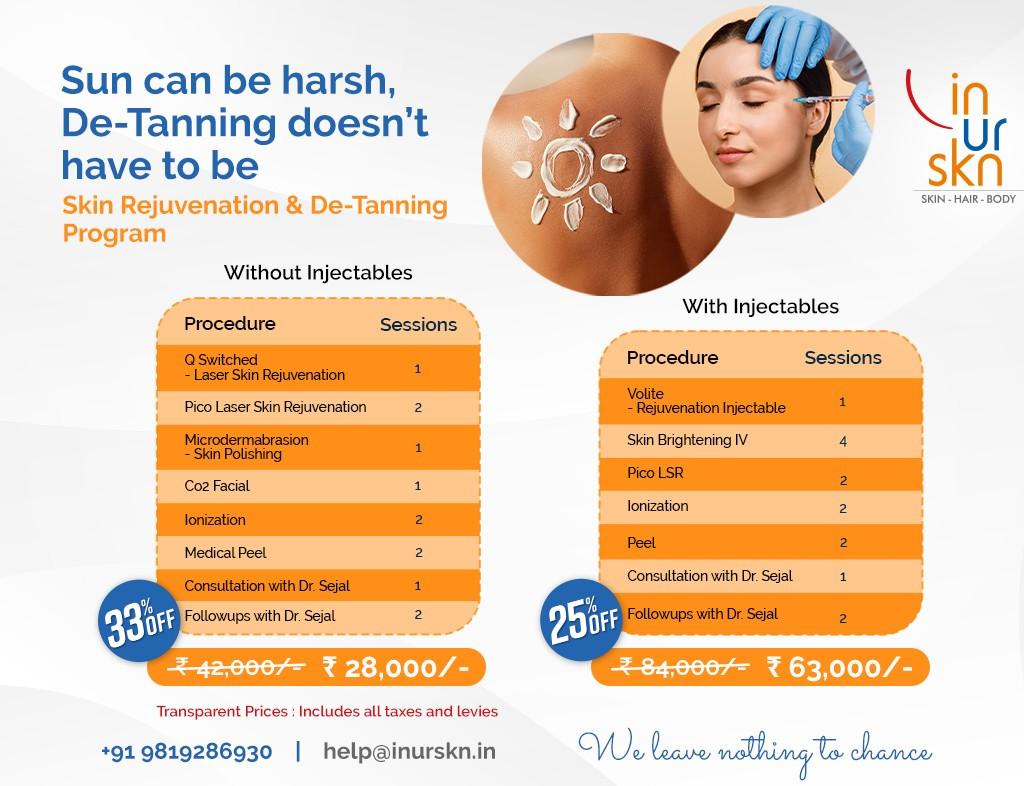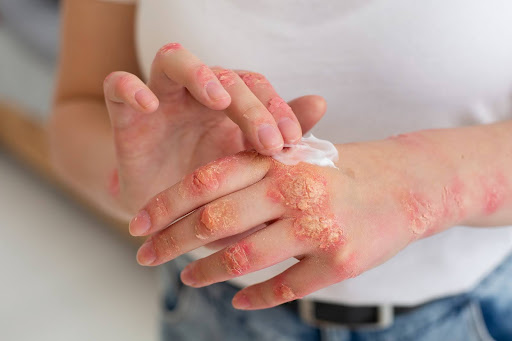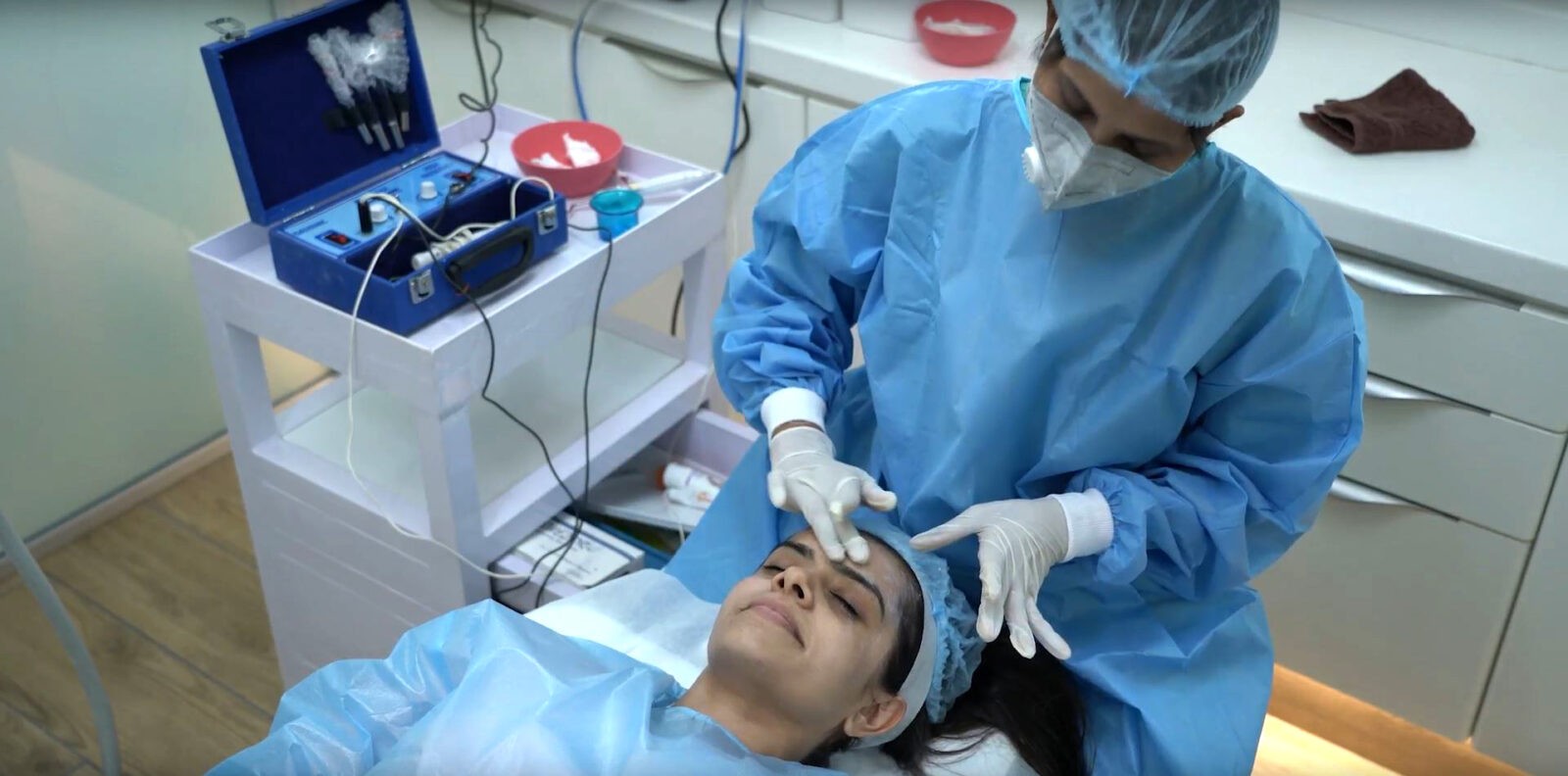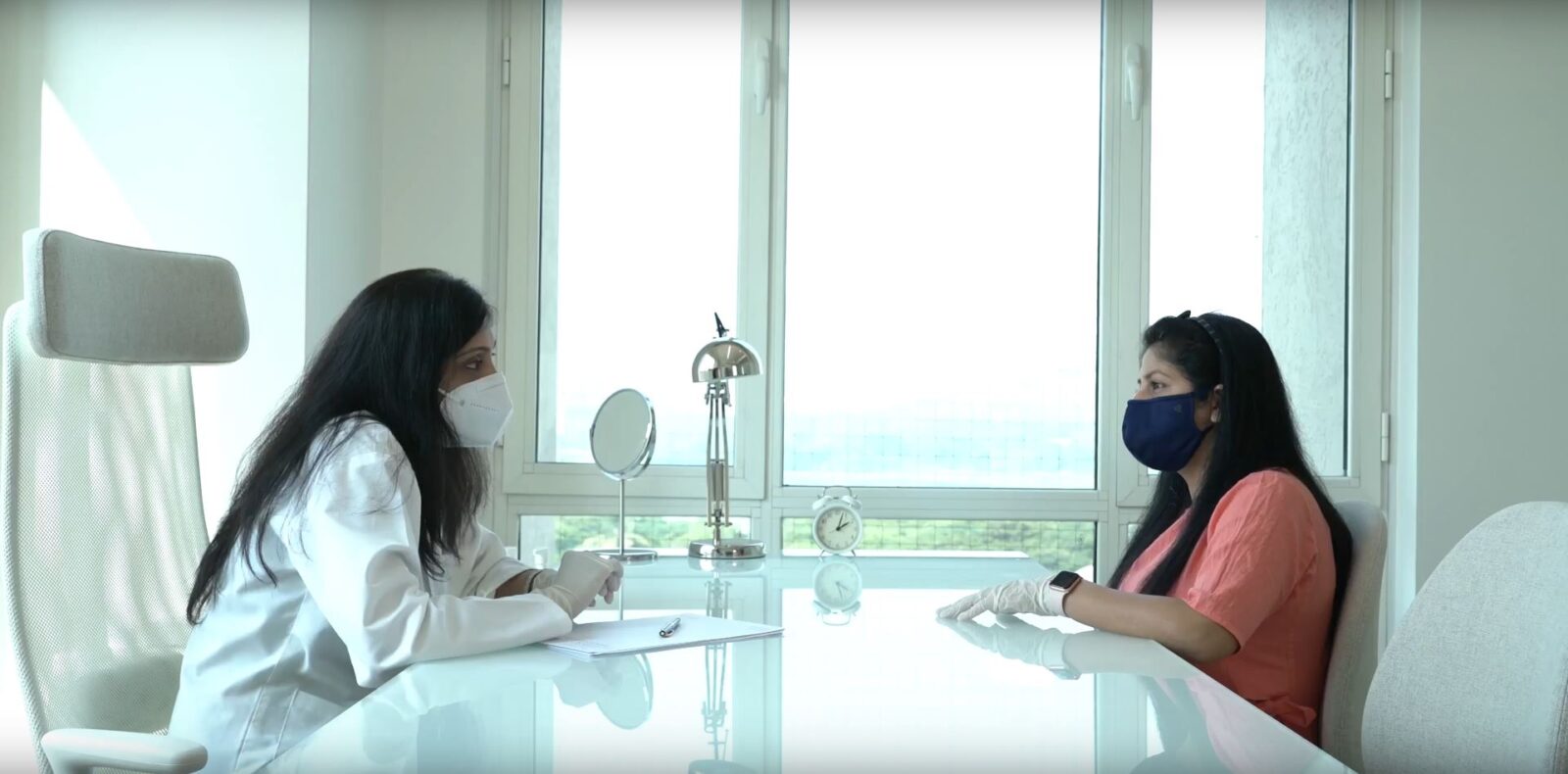Psoriasis is not just a basic skin condition; it represents a chronic health problem that extends beyond mere dryness or irritation. This autoimmune disease triggers the body’s immune system to attack healthy skin cells, which results in these cells multiplying at an accelerated rate. The accelerated regeneration of skin cells creates thick, scaly skin patches while causing redness and itching, which results in discomfort.
The causes of psoriasis are complex and not fully understood, but genetics play a significant role. If someone in your family has psoriasis, your risk increases. However, having the genes alone isn’t enough—certain triggers are usually needed to set off the condition.
Common psoriasis triggers include infections (like strep throat), skin injuries, stress, certain medications, and even hormonal changes. Environmental factors, such as humidity and pollution, can also aggravate symptoms for many people.
Types of Psoriasis Commonly Found
Psoriasis doesn’t look the same for everyone. Several types are commonly seen, each with its own unique features:
-
Plaque Psoriasis
This is the most prevalent form, marked by raised, red patches covered with silvery-white scales. These plaques often appear on the elbows, knees, scalp, and lower back and can be itchy or even painful.
-
Guttate Psoriasis
It typically affects children and young adults, often following a throat infection. It appears as small, drop-shaped lesions on the trunk, arms, and legs and can erupt suddenly.
-
Inverse Psoriasis
This shows up as smooth, red patches in skin folds like the armpits, groin, or under the breasts.
-
Pustular Psoriasis
This is less common but more severe, characterized by red skin with pus-filled bumps. It often affects the hands and feet, making daily activities difficult.
-
Erythrodermic Psoriasis
It is a rare but serious form that causes widespread redness and peeling of the skin, often accompanied by intense itching and burning. This type requires immediate medical attention.
The Importance of Early Diagnosis and Treatment for Psoriasis
Recognizing the early signs of psoriasis is crucial for effective management. Initial symptoms may include small, red bumps that gradually grow and develop scales. Over time, these can merge into larger plaques. For a thorough assessment, visiting the best dermatology clinic can ensure accurate diagnosis and personalized treatment. Other signs include dry, cracked skin that may bleed, thickened or pitted nails, and, in some cases, joint pain.
Early diagnosis is important because it allows for prompt treatment, which can prevent the condition from worsening and reduce the risk of complications like psoriatic arthritis. The diagnosis process typically involves a physical examination of the skin and sometimes a biopsy to rule out other conditions.
Effective Psoriasis Treatment Options Available in Mumbai
For those seeking psoriasis treatment in Mumbai, a range of options is available, tailored to the severity and type of psoriasis. Topical treatments are often the first step, including corticosteroid creams, vitamin D analogues, and tar-based preparations. These help reduce inflammation and slow down the rapid growth of skin cells.
Phototherapy is another effective option, where the skin is exposed to controlled amounts of ultraviolet light. This treatment is available at specialized clinics in Mumbai and can be particularly helpful for widespread or stubborn psoriasis.
For more severe cases, systemic medications may be prescribed. These include oral drugs or biologic injections that target specific parts of the immune system. Such treatments are usually reserved for those who do not respond to topical therapies or phototherapy.
It’s highly recommended to consult with a qualified skin specialist in Mumbai who can properly diagnose your condition and recommend the most appropriate treatment plan based on the severity and location of your psoriasis
Lifestyle Changes to Manage Psoriasis Symptoms
Managing psoriasis effectively requires more than just medical treatments. Implementing specific lifestyle changes can significantly reduce flare-ups and improve overall skin health. Here are key lifestyle modifications that can help manage psoriasis symptoms:
1. Dietary Adjustments
A well-balanced diet plays a crucial role in managing psoriasis. Focus on consuming fresh fruits and vegetables, whole grains, and lean proteins. It’s beneficial to include cooling foods like leafy greens such as cabbage, coriander, and fenugreek, along with fruits like bananas, apples, and amla.
Equally important is avoiding foods that may trigger or worsen symptoms. Limit your intake of:
- Foods high in sugar, fat, and processed ingredients
- Dairy products
- Junk food and bakery products
- Spicy foods
- Fermented foods
- Hot peppers and vinegar
2. Hydration and Substance Avoidance
Maintaining proper hydration is essential for skin health. Adequate water intake helps keep the skin moisturized from within. Additionally, it’s strongly recommended to:
- Abstain from alcohol consumption.
- Quit smoking, as it can worsen psoriasis symptoms and increase the risk of other health conditions.
3. Skin Care Practices
Proper skin care is fundamental in managing psoriasis:
- Keep skin moisturized throughout the day, especially in cooler climates and air-conditioned environments.
- Apply heavy moisturizers after bathing to reduce scaling.
- Use moisturizing soaps rather than drying ones.
- Take warm baths instead of hot water baths to prevent skin irritation.
- Choose gentle, fragrance-free skincare products to reduce irritation and inflammation.
4. Stress Management
Stress is a known trigger for psoriasis flare-ups. Incorporating stress-reduction techniques into your daily routine can be highly beneficial:
- Practice yoga regularly.
- Engage in meditation.
- Maintain a consistent exercise routine.
5. Weight Management
Maintaining a healthy weight through regular exercise and a proper diet can help reduce the severity of psoriasis symptoms. Being overweight or obese may increase the risk of developing psoriasis and can make existing symptoms worse.
6. Trigger Avoidance
Identifying and avoiding personal triggers is crucial for managing psoriasis.
- Minimize exposure to skin injuries.
- Protect yourself from cold weather when possible.
- Take precautions to prevent infections, which can trigger flare-ups.
Using these simple lifestyle changes can help you in the management of your psoriasis and improve your quality of life considerably. These changes help medicines work better and can ultimately improve the long-term outcome in people with psoriasis.
Moving Forward: Empowering Yourself Against Psoriasis
Psoriasis presents significant challenges in daily life, yet effective solutions become accessible through proper knowledge and support. Diagnosing psoriasis early, along with a customized treatment strategy and healthy life habits, can effectively control symptoms while enhancing life quality. Specialized clinics provide expert guidance as well as the latest psoriasis treatment in Mumbai through customized solutions for each patient.
The path to achieving clearer skin through early intervention and holistic treatment gains collective momentum as more people recognize its significance. Those looking for support can consider clinics like Inurskn, where professional care meets empathetic understanding.




























 Call us
Call us Book Appointment
Book Appointment Enquire
Enquire Location
Location




